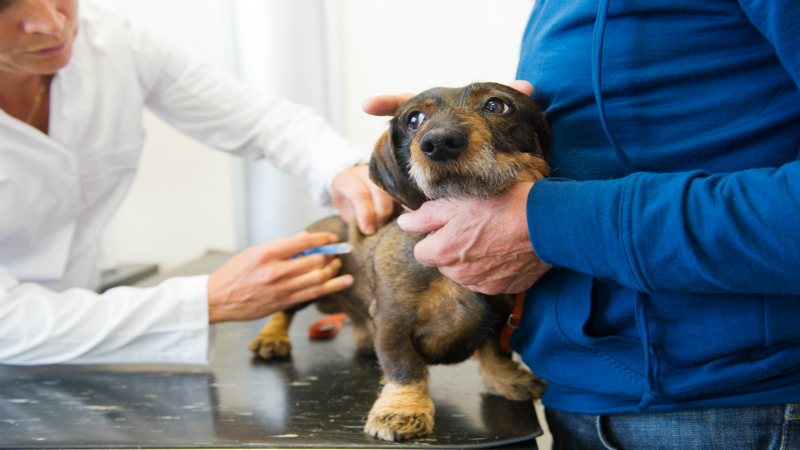Whether you have an appointment on the books or still need to call for one, take a minute to consider how you can improve the veterinary experience for both you and your pet. Here are four pet-related things to think about before your next appointment:
1. Don’t Delay Preventative Care
Ideally, you have scheduled a general check-up even if your pet has been perfectly healthy for months. Well-being check-ups are an important way to track your pet’s overall health instead of only seeking treatment for symptoms or illnesses as they arise. Your vet clinic should be interested in your pet’s overall health and mental state. A veterinarian can help you identify changes in your pet’s mood, appearance, or behavior, which can help you catch any potential problems or diseases early.
2. Gather Your Pet’s Complete Health History
If you are meeting with a new veterinarian for the first time, call ahead to have your pet’s records sent over before the appointment. Keep track of which shots your pet is due for, as well as any special needs. Do you need a copy of your rabies shot record for your landlord, or have you picked up on a few potential symptoms of arthritis in your pet? Being prepared for your pet’s appointment will help make sure you leave with all of the information and treatment options you need.
3. Allow Extra Travel Time
Each time you make an appointment, make sure it is on a day where you will not feel rushed. Pets will sense your stress if you are hurrying or worried, and this can contribute to a negative vet experience. Allow plenty of extra time to load the car, travel to the vet clinic, wait in the office for your appointment or tests, and fill out paperwork or purchase medication or specialty foods. By allowing yourself extra time in the first place, you will eliminate a huge source of stress for both you and your pet.
4. Establish a Safe Traveling Environment
At the vet’s office, plan to use a cage or short leash to contain your pet. This will help protect your pet and will give him or her a safe retreat. If you are using a portable cage, set it out early so that your cat or dog can get used to it. Consider sleeping or having your pet sleep with a towel or small blanket for a few days, and bring this along as a source of familiar comfort.
In addition, let your vet know ahead of time of any behavioral problems or triggers such as slamming doors or other dogs. Your vet clinic should be willing to work you to make the trip as low-stress as possible for everyone involved. For more information you can visit Holistic Veterinary Healing

Holistic-Veterinary-Healing

